Paraguay year 1979 Space Hermann Oberth MSS MNH
Hermann Oberth was a key figure in the early development of rocketry and space exploration. He was a German-born physicist and engineer who made significant contributions to the theoretical and practical aspects of rocket technology.
Here’s an overview of Hermann Oberth’s life and contributions:
- Early Life and Education: Hermann Oberth was born on June 25, 1894, in Hermannstadt, Transylvania (then part of Austria-Hungary, now Sibiu, Romania). He studied physics and mathematics at the University of Munich and later earned his doctorate in physics from the University of Heidelberg in 1922.
- Rocketry Research: Oberth became fascinated with space travel and rocketry early in his life, inspired by the science fiction writings of authors like Jules Verne. In 1923, he published his groundbreaking book “Die Rakete zu den Planetenräumen” (“The Rocket into Interplanetary Space”), which laid out the principles of rocket propulsion and space travel based on mathematical calculations and scientific theories.
- Experimental Work: Oberth conducted various experiments to test his theories on rocket propulsion. In the 1920s and 1930s, he built and tested several prototype rockets, including the “Mirak” series of liquid-fueled rockets. Although these early rockets had limited success, they laid the foundation for future developments in rocket technology.
- Influence on Rocket Scientists: Oberth’s work inspired a generation of rocket scientists and engineers, including Wernher von Braun, who would later play a crucial role in the development of Germany’s V-2 rocket during World War II and subsequently in the American space program.
- Later Career: After World War II, Oberth emigrated to the United States and worked as a consultant for various aerospace companies. He continued to advocate for space exploration and wrote extensively on the subject. In 1957, he returned to Europe and settled in West Germany, where he continued his research and writing until his death.
Hermann Oberth’s visionary ideas and pioneering work laid the groundwork for the modern era of space exploration. His contributions to rocket science and space travel helped pave the way for humanity’s journey beyond Earth’s atmosphere and into the cosmos.

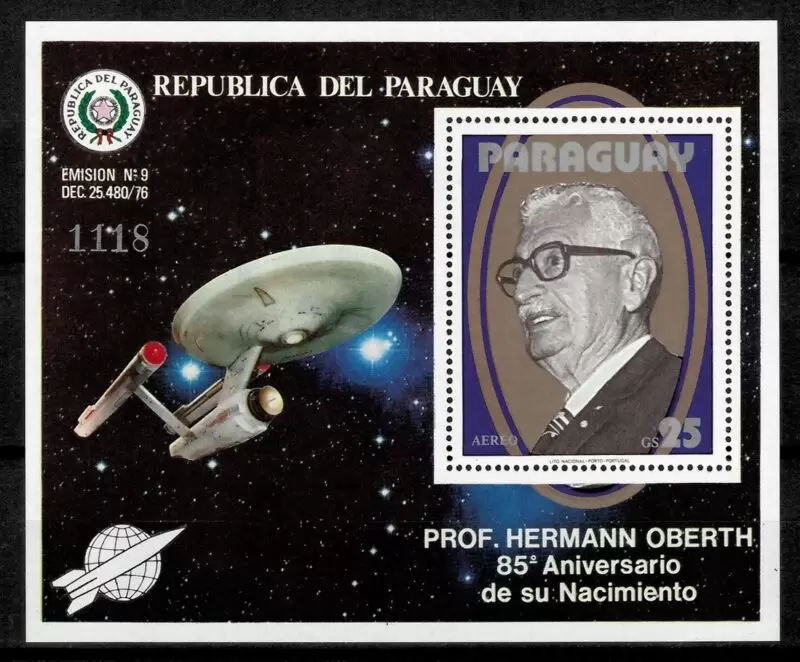
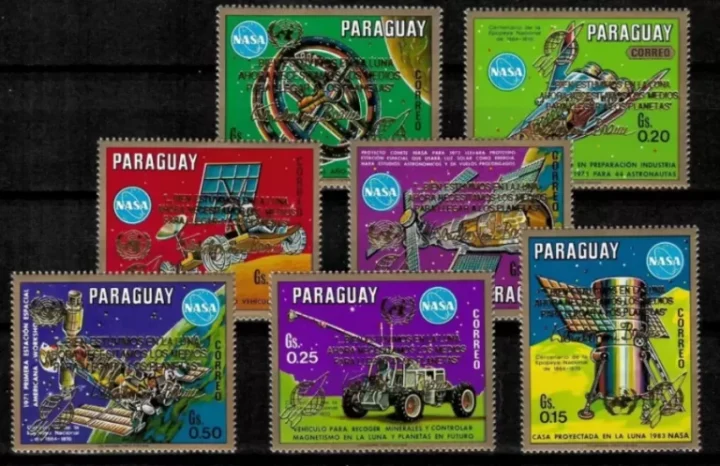
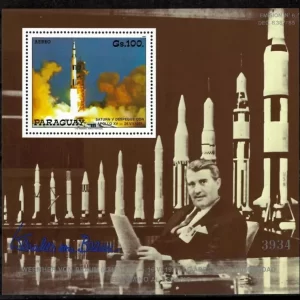
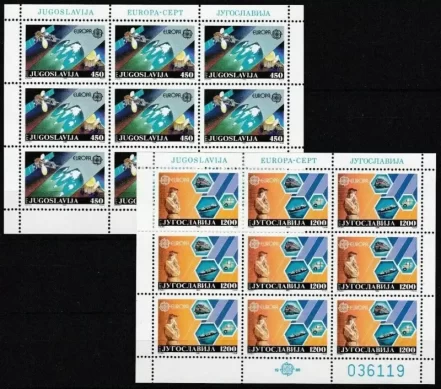
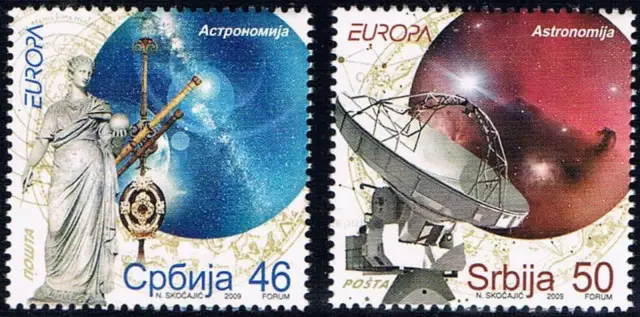
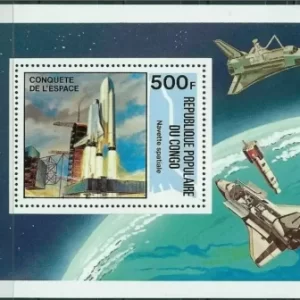
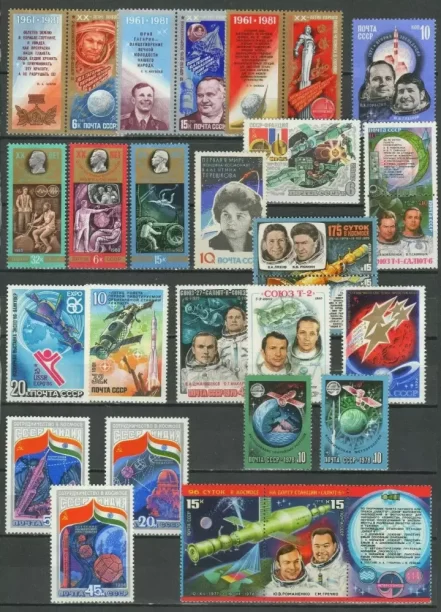
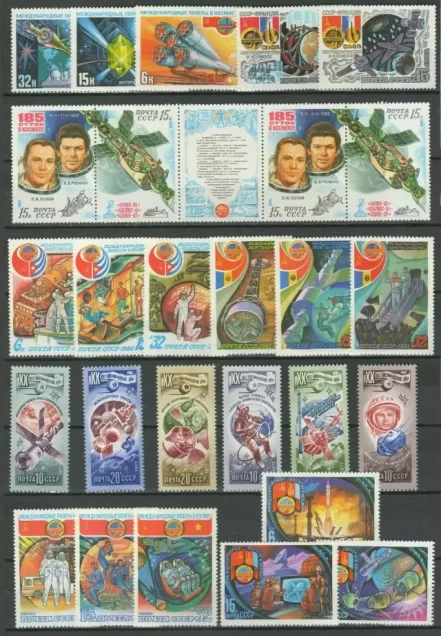

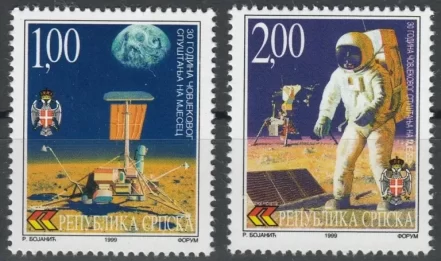
Reviews
There are no reviews yet.